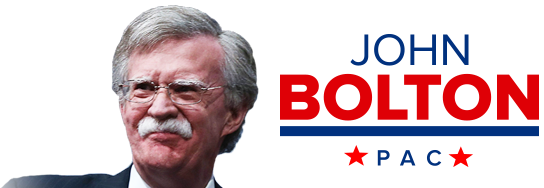To deter threats from China and Russia, the U.S. needs to modernize and recapitalize its arsenal.
‘Unanimous” and “bipartisan” outcomes are rare in today’s Washington. “America’s Strategic Posture,” the recent report from the congressional commission on U.S. nuclear capabilities and defense strategies, merits those laurels. Led by Madelyn Creedon, a senior Clinton and Obama administration official, and former Sen. Jon Kyl, a Republican, the commissioners prepared a 145-page report that warrants urgent review by anyone seeking a safe future for America.
The bottom line is that the U.S. faces “two nuclear peer adversaries for the first time” in a rapidly expanding threat environment. Maintaining and improving our nuclear-deterrence force against China and Russia will require significant effort. Since the nuclear era began, Washington’s thinking, strategizing and budgeting have assumed only one significant nuclear threat. Rogue-state capabilities weren’t insignificant, and nuclear-capable allies were a plus, but the bipolar standoff with Moscow always mattered most. With China now forming a tripolar nuclear world, bipolar deterrence calculations, strategy and nuclear hardware are simply inapposite.
Days after the paper’s release, the Pentagon published its own finding that a tripolar nuclear scenario effectively exists, well ahead of our predictions. This reality raises questions that demand strategic responses. Will the U.S. face entirely separate Chinese and Russian threats, or will Moscow and Beijing act in coordination? What do two peer nuclear foes mean for U.S. pre-emptive or second-strike capabilities? How many new targets in China—or elsewhere—must we now put at risk?
This article was first published in The Wall Street Journal on October 25, 2023. Click Here to read the original article.


